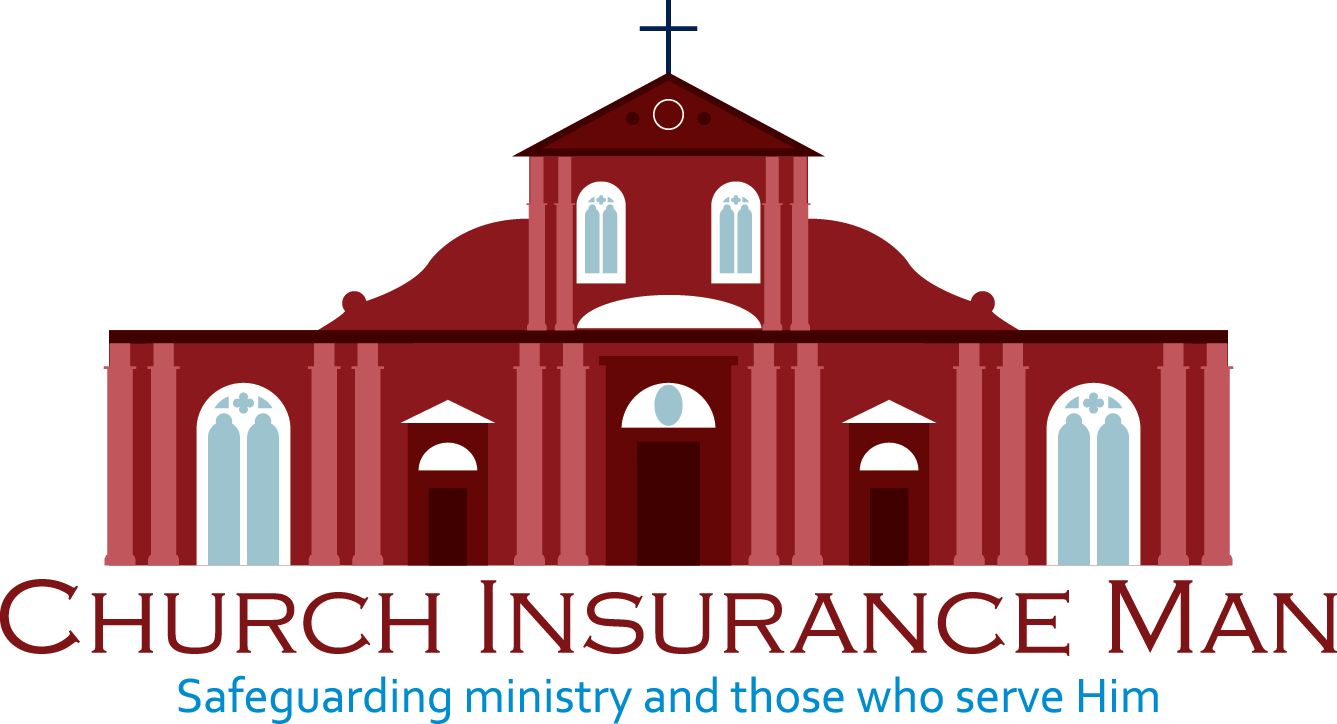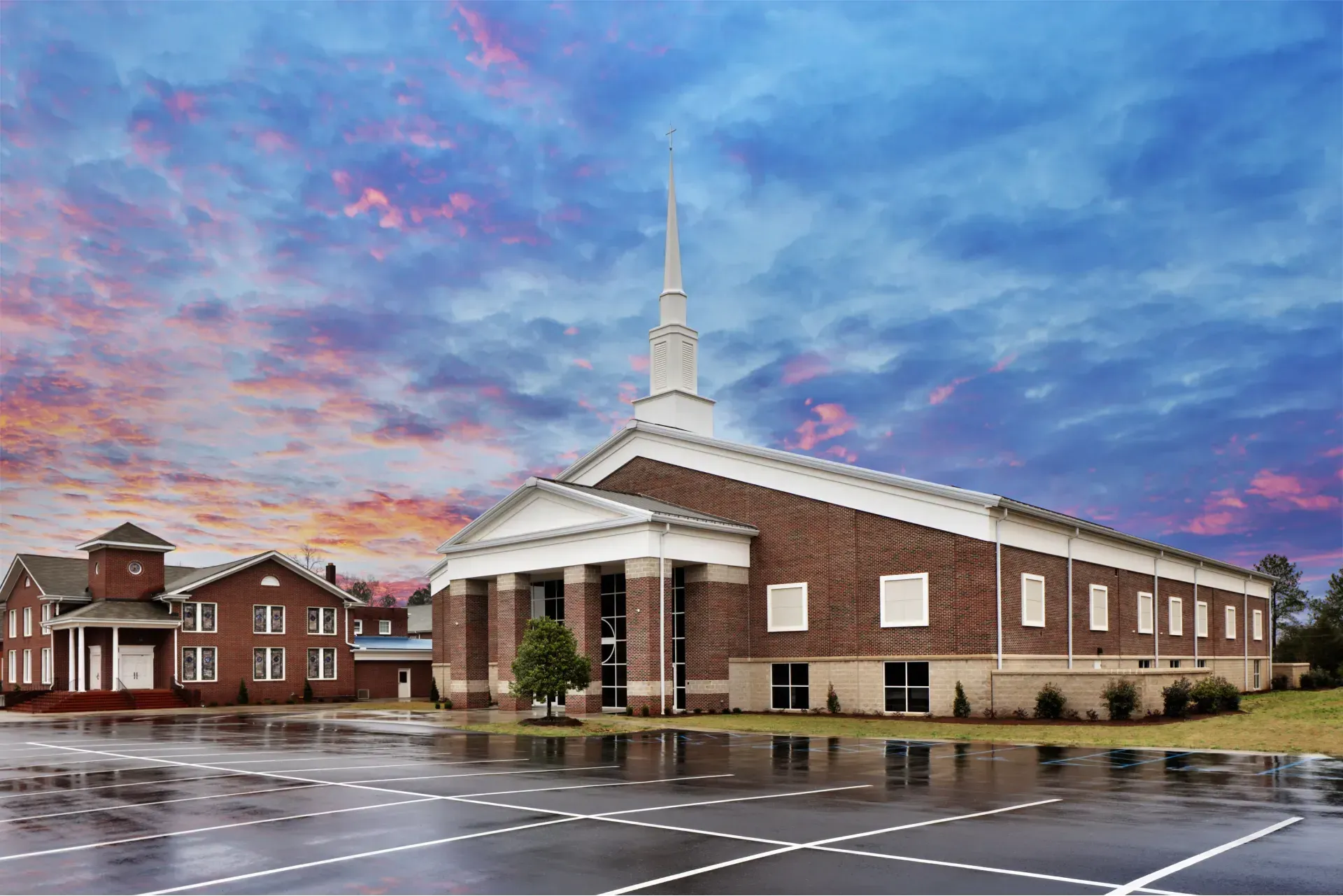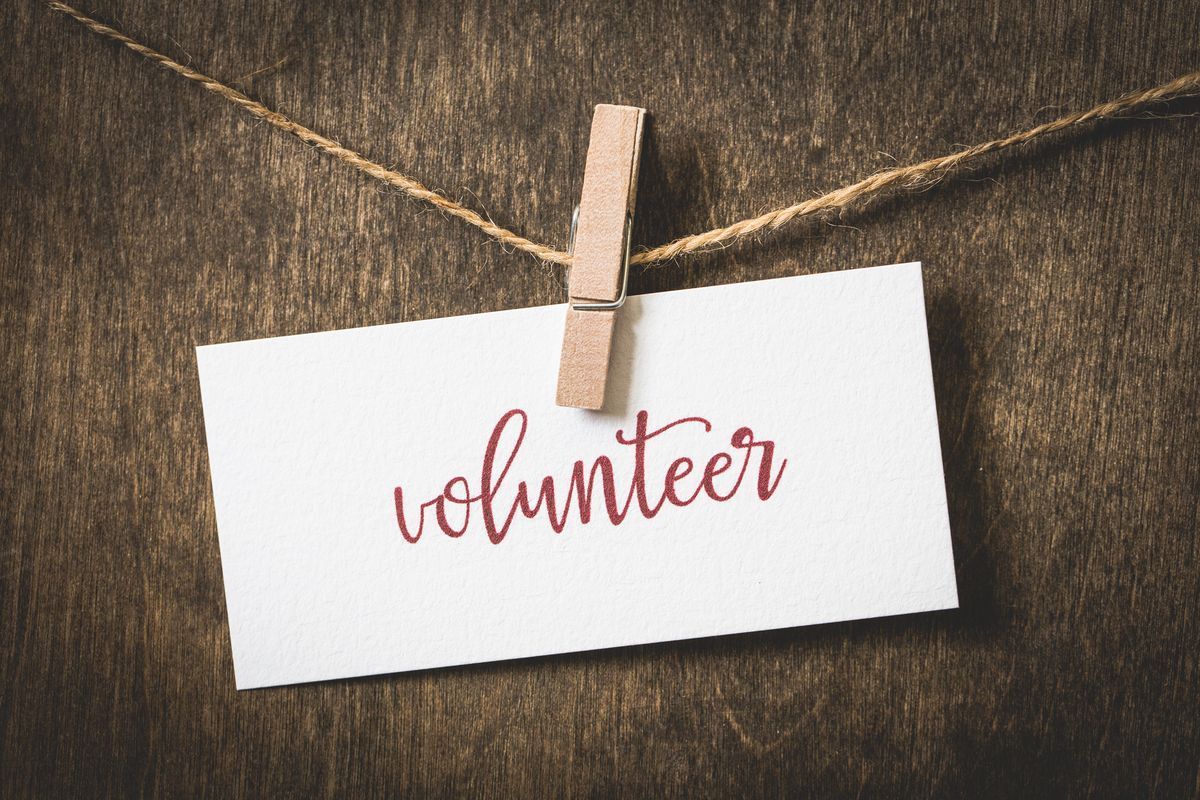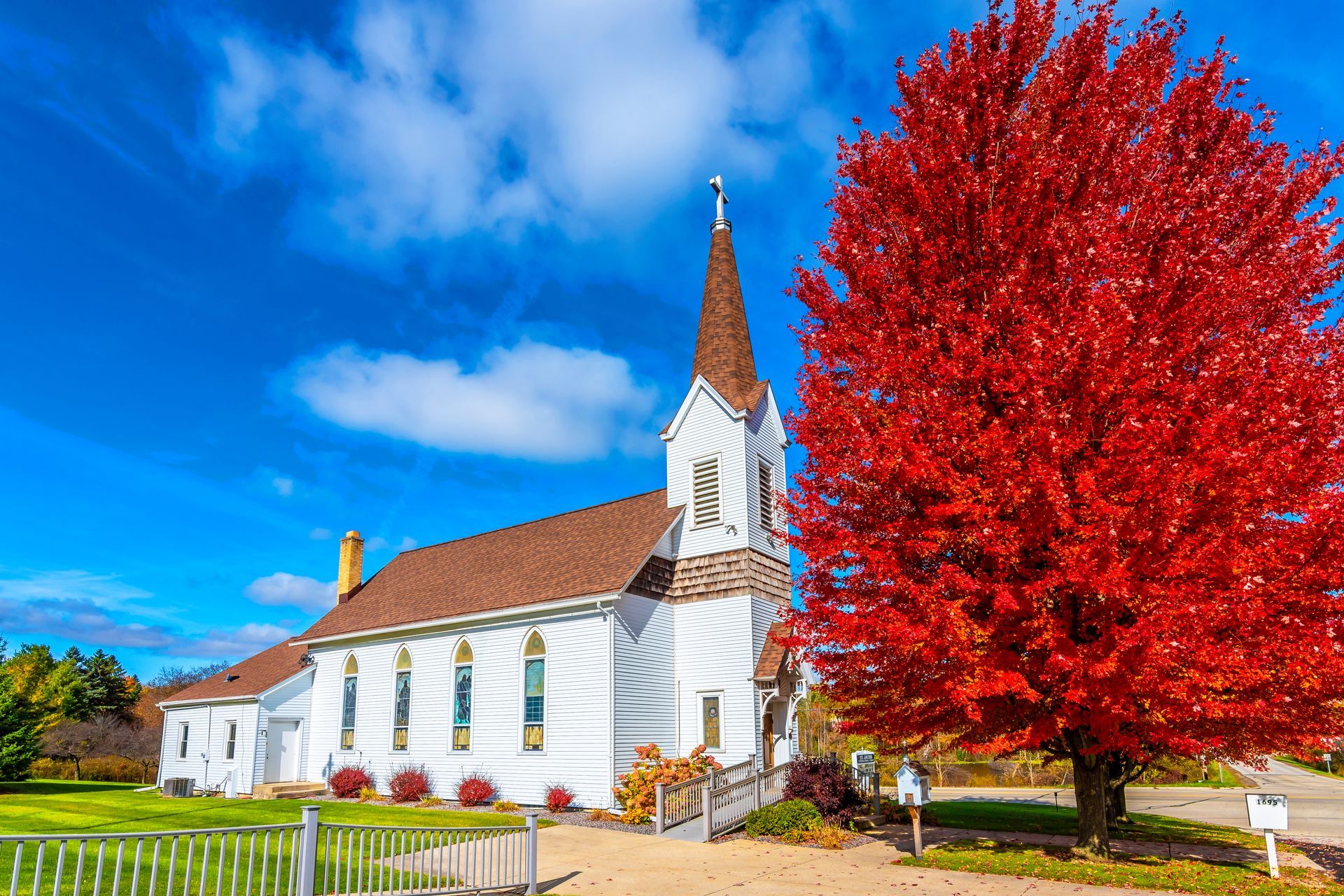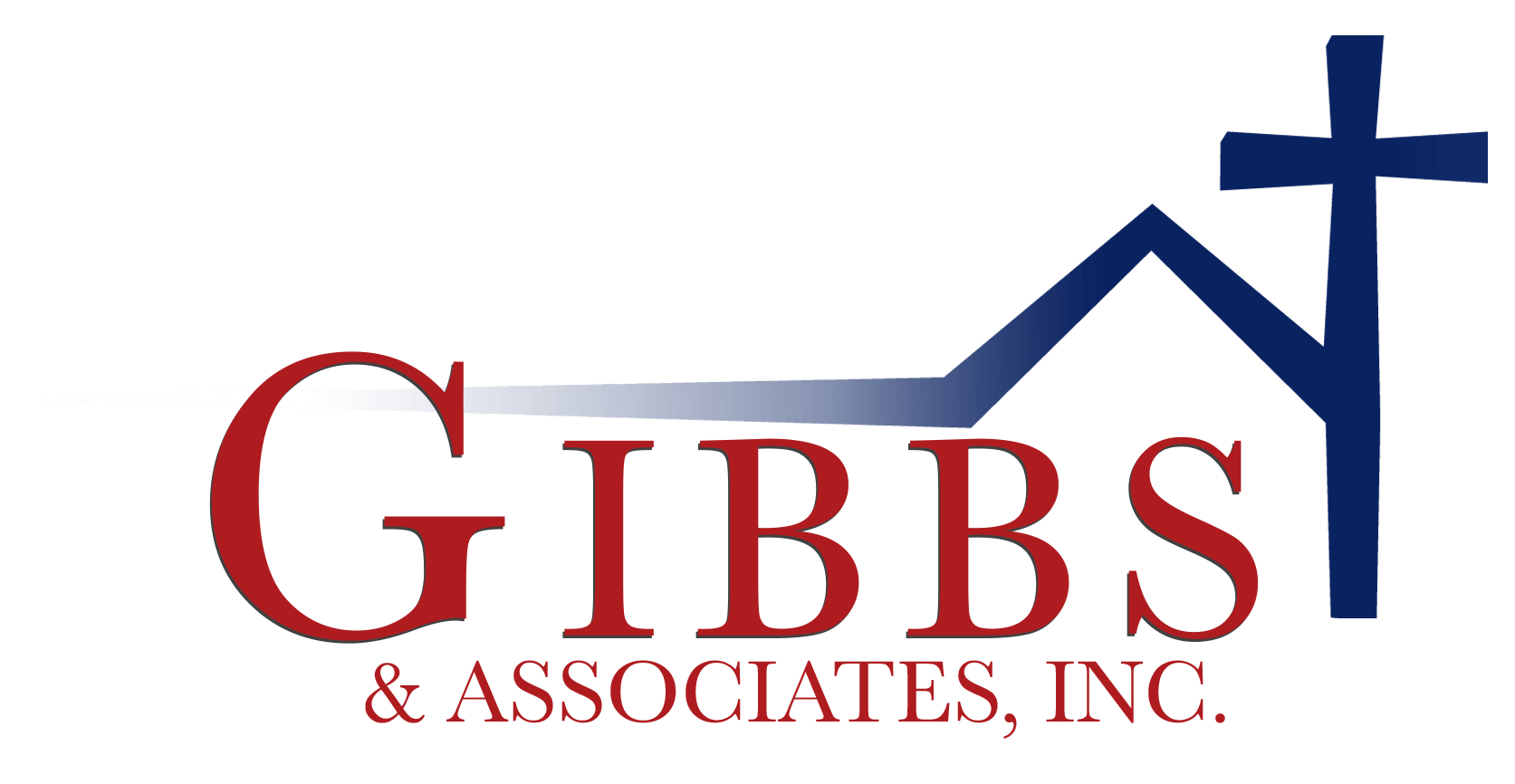The Type of Insurance You Need for Your Nonprofit
Type of Insurance You Need for Your Nonprofit
As a nonprofit organization, you are responsible for ensuring the safety and well-being of your employees, volunteers, and the people you serve. The right insurance coverage can protect your nonprofit from financial ruin in the event of a lawsuit or natural disaster.
There are many different types of insurance available, and it can be challenging to determine which ones you need. The following is a brief overview of the most common types of insurance for nonprofits:
General Liability Insurance
General liability insurance protects your nonprofit from financial damages caused by third-party claims of bodily injury, property damage, or personal injury. This insurance can cover medical expenses, legal fees, and settlements or judgments.
General liability insurance is an important safeguard for any nonprofit, and it is especially important for those with a higher risk of exposure to potential claims, such as those that work with children or that operate in a hazardous environment.
Directors and Officers Liability Insurance (D&O Insurance)
Directors and officers liability insurance protects your nonprofit’s board of directors and officers from personal financial damages in the event of a lawsuit. Your nonprofit’s board of directors is responsible for making important decisions that affect the organization.
They are also responsible for ensuring that the organization is run lawfully and ethically. If a board member is sued for making a bad decision or violating the law, D&O insurance can help protect them from personal financial damages.
This type of insurance can cover legal fees, settlements, and judgments. It is important to have this coverage in place to protect your organization from financial ruin in the event of a lawsuit.
If you are not sure if your organization needs directors' and officers' liability insurance, consult with an insurance agent or broker. They will be able to assess your risks and recommend the right type of coverage for your nonprofit.
Health Insurance
Health insurance is a type of insurance that helps pay for medical expenses. It can cover doctor visits, hospital stays, surgeries, prescription drugs, and other medical costs. Health insurance can be provided by an employer, purchased through the government’s health insurance marketplace, or obtained through a private insurance company.
There are many different types of health insurance plans. Some plans cover more than others. The type of plan you choose will depend on your needs and budget. You should compare different plans to find the one that is right for you. If you are a nonprofit organization, you may be eligible for discounts on health insurance premiums.
COBRA and Continuing Coverage for Health Insurance
COBRA coverage is a type of insurance that allows you to keep your insurance coverage for some time after you lose your job. The coverage period is usually six months but can be longer if you are eligible.
You must pay the premiums for COBRA coverage, and your employer must pay the premiums for your health insurance. After you have been covered under COBRA for some time, you may be able to switch to a new health insurance plan.
Fidelity Bond
A fidelity bond is a type of insurance that protects your organization from losses caused by your employees' dishonest or fraudulent actions. Fidelity bonds are typically used by organizations that handle large amounts of money, such as banks and investment firms.
The Bottom Line
In conclusion, nonprofit organizations need insurance to protect themselves from various risks. The type of insurance best for your organization depends on your specific needs. Some common types of insurance for nonprofits include property insurance, liability insurance, and directors and officers insurance.
It is essential to consider your insurance needs carefully and to shop around for the best rates. Be sure to work with an insurance agent who understands the specific risks faced by nonprofits.
Church Insurance Man offers the best
church packages in Georgia
for your insurance needs. Get in touch with us today.
